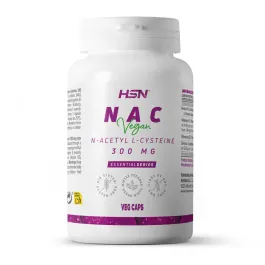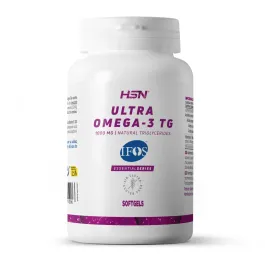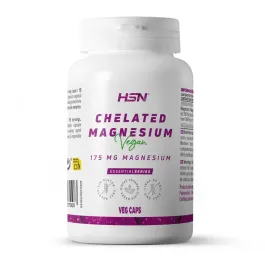This product is out of stock,
but other customers ordered

PQQ (PYRROLOQUINOLINE QUINONE) 20mg
PQQ Disodium Salt 20mg. Stable form of Pyrroloquinoline Quinone. PQQ Reduced tested by absorbance. Purity tested by HPLC (>99.0%). Obtained by bacterial biosynthesis through vegetal fermentation processes. Free of Genetically Modified Organisms. Formula with B vitamins and vitamin E. Safe + effective composition. Suitable for vegans.





CITICOLINE (CDP-CHOLINE) 250mg

GUARANA EXTRACT (6:1) 400mg

HUPERZINE A 200mcg

NATURAL CAFFEINE 200mg

AVENA SATIVA EXTRACT (10:1) 175mg

UBIQUINOL (Kaneka Ubiquinol™) 100mg
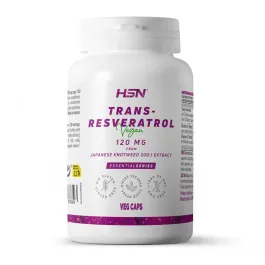
RESVERATROL 120mg

REDUCED GLUTATHIONE 250mg
Table of contents
PQQ: Pyrroloquinoline Quinone from HSN - Your antioxidant
PQQ (Pyrroloquinoline Quinone) 20mg from EssentialSeries is a dietary supplement in vegetable capsules developed from Pyrroloquinoline Quinone Disodium Salt, of high purity and derived from a natural source biosynthesized through a fermentation process. HSN's formula also contains B vitamins and Vitamin E, a powerful antioxidant.
Pyrroloquinoline Quinone is a relatively recent compound that has sparked great interest among top European experts in human nutrition quality and safety. This expert panel has established essential quality factors for PQQ to be suitable for use as a dietary supplement, and at HSN we developed our product considering all these criteria, to offer you as always: premium quality at a fair price.
HSN's PQQ comes from a bacterial fermentation process, but unlike other raw materials from such processes, our PQQ contains no genetically modified organisms: It is 100% GMO-Free.
What exactly is Pyrroloquinoline Quinone?
Pyrroloquinoline Quinone (PQQ, for short) is a molecule with a quinone structure first identified as a enzyme cofactor in bacteria. This is a classic process of locating other vitamin-like compounds we already know, such as para-aminobenzoic acid (PABA).
PQQ in bacteria acts like a vitamin would in humans. In fact, when the compound was further studied, it was established as a 'new vitamin' in human nutrition, with the publication by Kasahara et al. (2003) in the prestigious scientific journal Nature. However, this claim was later rejected due to inconsistencies in the foundations, and it was limited to being called a 'vitamin-like' compound like PABA, Coenzyme Q10, or Choline.
PQQ in the human body is an enzyme cofactor with binding sites on a subtype of proteins called quinoproteins.
Although natural synthesis of Pyrroloquinoline Quinone and its use as a dietary supplement is relatively recent, its natural intake is traditional since it is intrinsically found in commonly consumed foods; PQQ can be found in soy and fermented soy products like Natto or Tofu; in spinach, mustard, tea, and even in human milk during lactation.
PQQ is a compound naturally present in our diet, and due to its valuable antioxidant power, it has been developed as a dietary supplement for consumption.
Don’t get confused with PQQ! We explain simply everything you need to know
Are all PQQs safe and effective?
Natural PQQ present in foods exists in free form (as PQQ) or conjugated, and part of it is present in degraded form, as IPQ and other derivatives. All naturally occurring PQQ in foods is safe.
However, when it comes to developing dietary supplements, specific quality values must be guaranteed, which come from an appropriate biosynthesis process. The European Food Safety Authority has helped producers define how PQQ should be properly developed, and at HSN we have followed all established criteria.
So make sure the PQQ supplement you use meets these requirements to effectively and safely enjoy one of the most renowned antioxidants in human nutrition. Watch out! Because many companies don’t.
HSN’s PQQ - A quality-backed option
HSN’s PQQ has been developed following the criteria set out in the Scientific Opinion of the EFSA Panel on Dietetic Products, Nutrition and Allergies.
Our Pyrroloquinoline Quinone is not synthetic like most options on the American market that don’t meet these requirements; our PQQ is biosynthesized through a bacterial fermentation process.
By culturing the bacterium Hyphomicrobium denitrificans CK-275, a classic microorganism recognized as safe for human nutrition, naturally produced Pyrroloquinoline Quinone is obtained.
This process is carried out in a laboratory that maintains Good Manufacturing Practices (GMP) and Hazard Analysis and Critical Control Points (HACCP), using a non-genetically modified bacterial strain. The medium where PQQ is generated is centrifuged and purified through processes that are gentle on the compound, ensuring a final purity result >99.0%.
The compound’s purity can be checked by the natural color PQQ should have, which is a reddish tone, like the powder inside our vegetable capsules.
Plant origin: Bacterial fermentation
PQQ can be developed in different ways, and one of the most classic you’ll find in dietary supplements is synthetic Pyrroloquinoline.
HSN’s Pyrroloquinoline Quinone has been developed naturally, using the bacterial strain Hyphomicrobium denitrificans CK-275, through fermentation processes without using animal-derived compounds, making it a raw material fully suitable for vegan diets.
Also, the bacterial strain source has been carefully cultivated without the presence of Genetically Modified Organisms. The recognized organization 'GMO Project' classifies bacteria intended for food product development as elements in the 'High risk of containing Genetically Modified Organisms' category.
Well, our PQQ, as well as all elements used in its production process, are completely free of Genetically Modified Organisms.
Enjoy pure, naturally biosynthesized PQQ with HSN’s dietary supplement.
Disodium Salt Presentation - A stable form in the medium
Pyrroloquinoline Quinone base has an associated problem, which is high reactivity. Keep in mind that being such a powerful antioxidant, when exposed to any pro-oxidative event (and there are many types): light exposure, oxygen, and other factors; it donates electrons, oxidizing itself and 'degrades'.
When PQQ degrades or reacts with amino acids and nucleophiles and converts to IPQ, it loses at least part of its functional properties, since biologically PQQ as such is required to act as a catalytic cofactor of lactate and other dehydrogenases in the conversion of NADH to NAD+ in the body, which has important physiological relevance (Jonscher et al., 2021).
The disodium salt form of PQQ stabilizes the compound, maintaining good bioavailability like PQQ base, but significantly improving resistance to environmental conditions that oxidize PQQ’s native state. The PQQ disodium salt powder can be stored stably, maintaining its purity longer and under conditions that require less control compared to PQQ base, demonstrating the quality of stability the disodium salt provides.
Absorbance values and reduced form – why is it important?
Absorbance is a compound’s ability to absorb light at a specific wavelength, which is a classic test to define characteristics of many compounds. In PQQ, it is especially relevant to characterize the compound’s quality, safety, and effectiveness.
The European Expert Commission was interested in this finding, as stated in their scientific opinion:
'The ratio of absorbance at two specific wavelengths (A233/A259 and A322/A259) allows differentiation between oxidized and reduced forms of PQQ. Both values confirm the compound’s identity and purity.'
The absorbance values at the established wavelengths confirm that the PQQ used in our dietary supplement is in a reduced form, therefore not oxidized and with all its antioxidant power intact.
The reduced form of PQQ is equivalent to the Ubiquinol form of Coenzyme Q10, that is, the biologically active form of the compound the body would naturally use as an enzyme cofactor, so the fact that absorbance analyses confirm the compound’s reduction in HSN’s formula is key to backing its quality and effectiveness.
HSN’s formula contains important vitamins - Discover it
The composition of HSN’s PQQ formula has been completed with vitamins that support its overall function, including:
- Vitamin B2 (riboflavin).
- Natural Vitamin E.
- Vitamin B5 (Pantothenic Acid).
Present in stable forms with high bioavailability for the body.
Adding vitamins contributes to the formula’s overall antioxidant properties, since thanks to vitamin E and riboflavin, it helps protect cells from oxidative damage.
Pantothenic acid also has a key function highly sought with this product’s use: it contributes to normal energy metabolism and normal intellectual performance.
A complete formula on all levels to enjoy the full benefits of the nutrients used.
An effective PQQ supply - 20 mg of disodium salt | GMO-free and vegan
The amounts of PQQ traditionally found in foods are quite low, with fermented soy derivatives standing out as the main dietary source of PQQ, yet their content is barely 60 ng/g.
HSN’s dietary supplement has been developed according to the recommended dose established in relevant scientific studies conducted in humans, such as:
- Harris, C. B., Chowanadisai, W., Mishchuk, D. O., Satre, M. A., Slupsky, C. M., & Rucker, R. B. (2013). Dietary pyrroloquinoline quinone (PQQ) alters indicators of inflammation and mitochondrial-related metabolism in human subjects. The Journal of nutritional biochemistry, 24(12), 2076–2084.
- Itoh, Y., Hine, K., Miura, H., Uetake, T., Nakano, M., Takemura, N., & Sakatani, K. (2016). Effect of the Antioxidant Supplement Pyrroloquinoline Quinone Disodium Salt (BioPQQ™) on Cognitive Functions. Advances in experimental medicine and biology, 876, 319–325.
- Nakano, Masahiko & Yamamoto, Tetsuro & Okamura, Hisayoshi & Tsuda, Akira & Kowatari, Yasuyuki. (2012). Effects of Oral Supplementation with Pyrroloquinoline Quinone on Stress, Fatigue, and Sleep. Funct. Foods Health Dis. 2. 307-324.
- Shiojima, Y., Takahashi, M., Takahashi, R., Moriyama, H., Bagchi, D., Bagchi, M., & Akanuma, M. (2022). Effect of Dietary Pyrroloquinoline Quinone Disodium Salt on Cognitive Function in Healthy Volunteers: A Randomized, Double-Blind, Placebo-Controlled, Parallel-Group Study. Journal of the American Nutrition Association, 41(8), 796–809.
Our R&D team uses the best and most recent scientific evidence on effectiveness and safety not only to select raw materials but also to establish the most suitable dose for developing dietary supplements.
Combine PQQ with other antioxidants from HSN’s catalog
PQQ is a dietary supplement established as safe in combination with other supplements, and no negative interactions are known with any compounds present in common dietary supplements, so you can easily add it.
Some of the most classic combinations with PQQ are:
Don’t miss the entire antioxidants catalog from HSN!
Scientific bibliography on PQQ
- EFSA NDA Panel. (2017). Safety of pyrroloquinoline quinone disodium salt as a novel food pursuant to Regulation (EC) No 258/97. EFSA Journal, 15(11).
- Rucker, R., Chowanadisai, W., & Nakano, M. (2009). Potential physiological importance of pyrroloquinoline quinone. Alternative Medicine Review: A Journal of Clinical Therapeutic, 14(3), 268–277.
- Kasahara, T., & Kato, T. (2003). Nutritional biochemistry: A new redox-cofactor vitamin for mammals. Nature, 422(6934), 832.
- Jonscher, K. R., Chowanadisai, W., & Rucker, R. B. (2021). Pyrroloquinoline-quinone is more than an antioxidant: A vitamin-like accessory factor important in health and disease prevention. Biomolecules, 11(10).
Nutritional FactsPQQ (PYRROLOQUINOLINE QUINONE) 20mg - 120 veg caps |
| daily doseper serving |
| Serving size: 1 veg caps | ||
| daily dose: 1 veg caps | ||
| Servings per container: 120 | ||
| Daily amount | |||
|---|---|---|---|
| Disodium salt of pyrroloquinoline quinone | 20mg | ||
| Pyrroloquinoline quinone | 15.4mg | ||
| Pantothenic Acid | 6mg | ||
| of calcium D-pantothenate | 6.6mg | ||
| Vitamin E | 3.6mg | ||
| of D-alpha-tocopheryl acid succinate | 4.4mg | ||
| Vitamin B2 (as riboflavin) | 1.4mg | ||
| NRVs (Nutrient Reference Values) established in Regulation (EU) 1169/2011 of 25 October 2011. †† NRVs are not established on this occasion. |
Ingredients
Corn starch, vegetable capsule [glazing agent (hydroxypropyl methyl cellulose)], pyrroloquinoline quinone disodium salt, anti-caking agents (magnesium salts of fatty acids), D-pantothenate calcium (pantothenic acid), D-alpha-tocopheryl acid succinate (natural vitamin E), riboflavin (vitamin B2).
Warnings
Once opened, store in a cool (under 25ºC), dry and dark place. Do not exceed the stated recommended daily dose. Keep out of reach of the smallest children. Nutritional supplements should not be used to replace a balanced diet. This food supplement should only be consumed by adults, excluding pregnant and lactating women. It is necessary to maintain a varied and balanced diet and a healthy lifestyle. Health claim awaiting European authorization.

How to take PQQ (PYRROLOQUINOLINE QUINONE) 20mg - 120 veg caps
Take 1 vegetable capsule, 1 time a day.
The product reviews and opinions published reflect only the customers’ views and experiences. HSN does not verify or endorse such comments or claims, and is not responsible for the content provided in the reviews. Statements regarding food supplements have not been evaluated by the EFSA (European Food Safety Authority) and are not intended to diagnose, treat, cure, or prevent any disease or medical condition.
The product reviews and opinions published reflect only the customers’ views and experiences. HSN does not verify or endorse such comments or claims, and is not responsible for the content provided in the reviews. Statements regarding food supplements have not been evaluated by the EFSA (European Food Safety Authority) and are not intended to diagnose, treat, cure, or prevent any disease or medical condition.
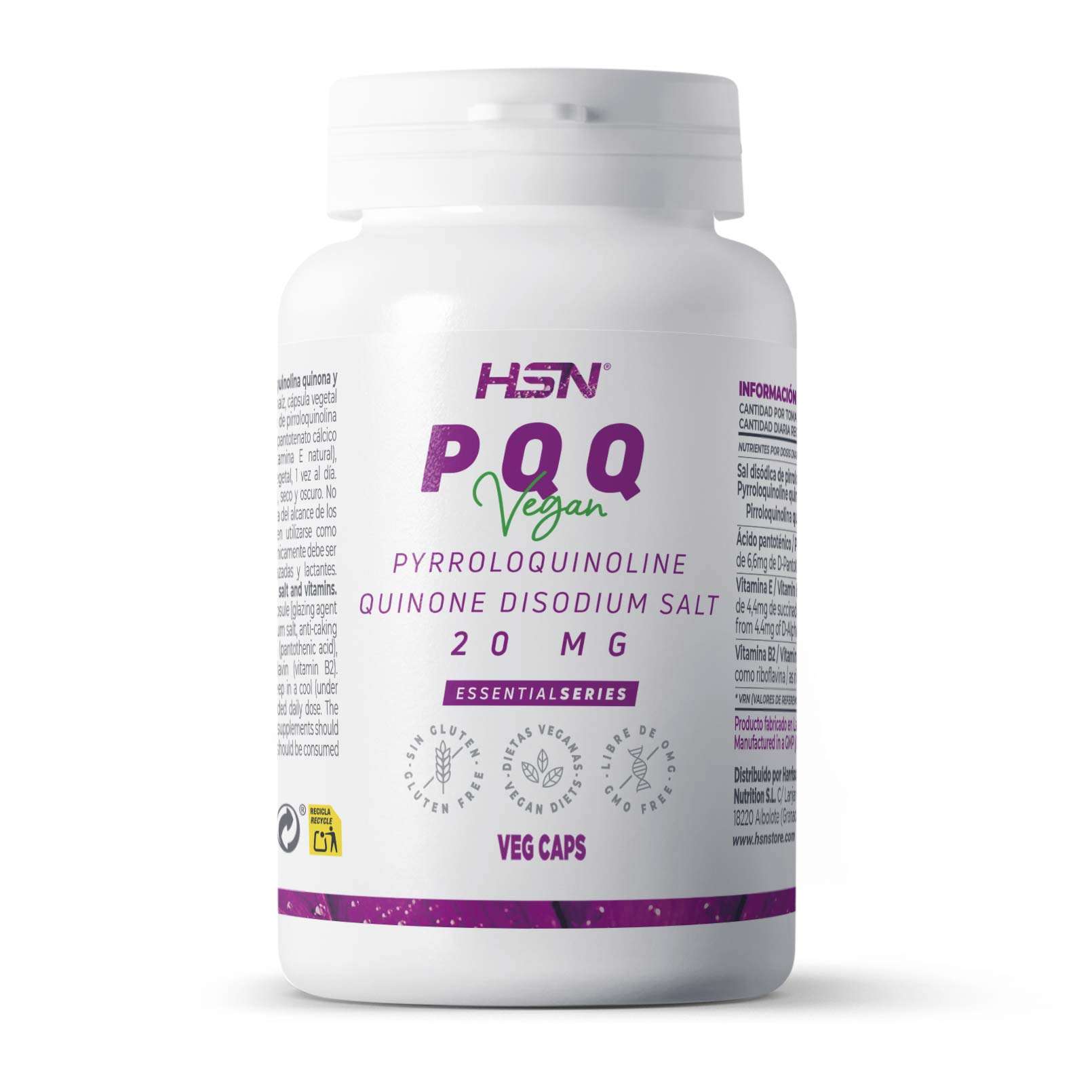
A satisfied customer says:
Impressive.
Pedro 21/10/2023
It is the best supplement I have ever tried. Nothing gives you energy like it, plus energy for the whole day without being stimulating. It also has many benefits. highly recommended.
Show original language
A critical customer says:
Indispensable in some cases.
Guilherme 02/11/2023
I bought it for a certain situation, but I don't notice the expected effect, however, my mother took it for another issue of her health and she finds it indispensable. PQQ is indeed expensive, but I will continue to buy it for my mother's issue. congratulations HSN!
Show original language-
PQQ
Pedro 09/04/2025
Excellent product, for very diverse functions of the body. Antioxidant and sirtuin formation assistant. Rejuvenating. I will continue to take it. Best regards.
Show original languageWas the review helpful? Be thefirst one to rate the review -
Effective in fibromyalgia
Glomabeti 18/03/2025
It works great for fibromyalgia and chronic fatigue. Of course, you have to take it with Cq10, which has corrected my high blood pressure on the way. The problem is that if I stop taking it, I go back, and I have had to look for other options to buy it given the long periods of time when it is out of stock.
Show original languageWas the review helpful?1 people found it useful -
Great
Alberto 16/02/2025
Great, one of the few supplements that really get noticed. The only thing a bit expensive, but worth it.
Show original languageWas the review helpful? Be thefirst one to rate the review -
Energy input, more willingness
Pqq 03/12/2024
I can say that I have tried almost everything that comes on the market, out of curiosity rather than necessity and I can say that I have noticed a greater willingness to move during the day, as well as at the time of physical activity, I notice a higher level of energy and that extrapolates to better workouts, less fatigue in general. Good effect!
Show original languageWas the review helpful? Be thefirst one to rate the review -
Very interesting
C-p. 17/10/2024
A type of supplementation that over time seems to show general improvements in our body and at a very good price.
Show original languageWas the review helpful? Be thefirst one to rate the review
No reviews found with filters applied.
{title}
{nickname-date}
{detail}
{review-link} EN - EUR
EN - EUR Albania
Albania  Austria
Austria  Belgique
Belgique  Bosnia and Herzegovina
Bosnia and Herzegovina  Bulgaria
Bulgaria  Canadá
Canadá  Chile
Chile  Chipre
Chipre  Corea (la República de)
Corea (la República de)  Croacia
Croacia  Czechia
Czechia  Denmark
Denmark  Deutschland
Deutschland  Eslovaquia
Eslovaquia  Eslovenia
Eslovenia  Estonia
Estonia  Finland
Finland  France
France  Greece
Greece  Hungary
Hungary  Iceland
Iceland  Ireland
Ireland  Islas Feroe
Islas Feroe  Italia
Italia  Japan
Japan  Latvia
Latvia  Lithuania
Lithuania  Luxembourg
Luxembourg  Macedonia
Macedonia  Malta
Malta  Marruecos
Marruecos  Mónaco
Mónaco  Montenegro
Montenegro  Netherlands
Netherlands  Noruega
Noruega  Poland
Poland  Portugal
Portugal  Romania
Romania  Schweiz
Schweiz  Serbia
Serbia  South Africa
South Africa  Suecia
Suecia 



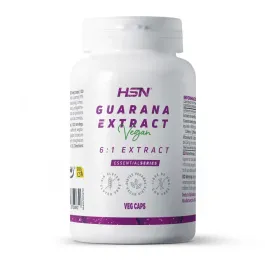



 View full analysis
View full analysis 
